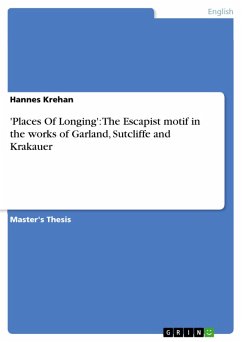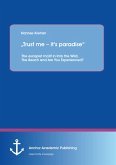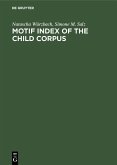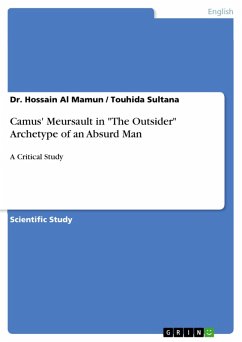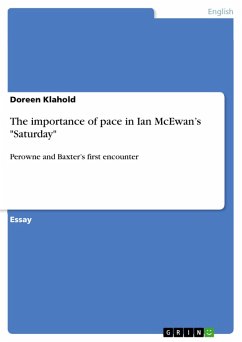Master's Thesis from the year 2013 in the subject English Language and Literature Studies - Literature, grade: 1,3, http://www.uni-jena.de/ (Anglistik/Amerikanistik), language: English, abstract: [...] In today's fleeting, globalized world, people more than ever seem to feel at odds with themselves. They escape wherever and whenever they can - from the workplace, from the mundane duties of everyday existence, from social pressure and expectations, from each other. Escape from reality is not a new concept, for mankind's "innate dissatisfaction with existence", as Evans calls it, is probably almost as old as existence itself. In the 21st century however, the possibilities of retreat are endless and pervade every aspect of life. Digital entertainment has become abundant and, ironically, almost inescapable, while mass media carries the viewer off to exotic places without him even having to leave the house. Amidst this virtual word, the modern wanderlust has found its place. Entire legions of travelers move on to remote places, in search of relaxation, diversion and the solution to their unfulfilled yearnings for utopian landscapes. In his essay The Rationality of Escapism and Self-Deception, Longeway defines escapism as "the attempt to avoid awareness of aversive beliefs." He goes on to say that 'Escapist' entertainment's essential purpose is to draw us away from our everyday troubles, and, sometimes, to help us to fantasize ourselves as better, more important, and better off than we really are. Indulgence in such entertainment helps us avoid, temporarily, unpleasant truths that we must live with, and it is this escape from unpleasant reality that gives us the terms 'escapist' and 'escapism'. The notion of escapism evokes a whole chain of terms and concepts directly connected to it; repression, distraction, travel, leisure, self-discovery and, of course, places, imagined or real, to whom the individual wishes to escape to. In this paper, I want to analyze three books on escapism and the various ways in which it presents itself in them. My focus will be on Alex Garland's backpacker cult novel The Beach and William Sutcliffe's debunking of the gap-year traveler in Are You Experienced?, as well as Jon Krakauer's non-fiction book Into The Wild. The first two belong to backpacker fiction, a genre that emerged particularly forcefully at the turn of the 21st century. The authors of these narratives employ satire in order to debunk the escapism and self-fashioning of a demographic of young, urban, Anglophone travelers who exert traveling mostly as a staged interest for other cultures, while in truth they seek self-fulfillment and self-gratification. [...]
Dieser Download kann aus rechtlichen Gründen nur mit Rechnungsadresse in A, B, BG, CY, CZ, D, DK, EW, E, FIN, F, GR, HR, H, IRL, I, LT, L, LR, M, NL, PL, P, R, S, SLO, SK ausgeliefert werden.

